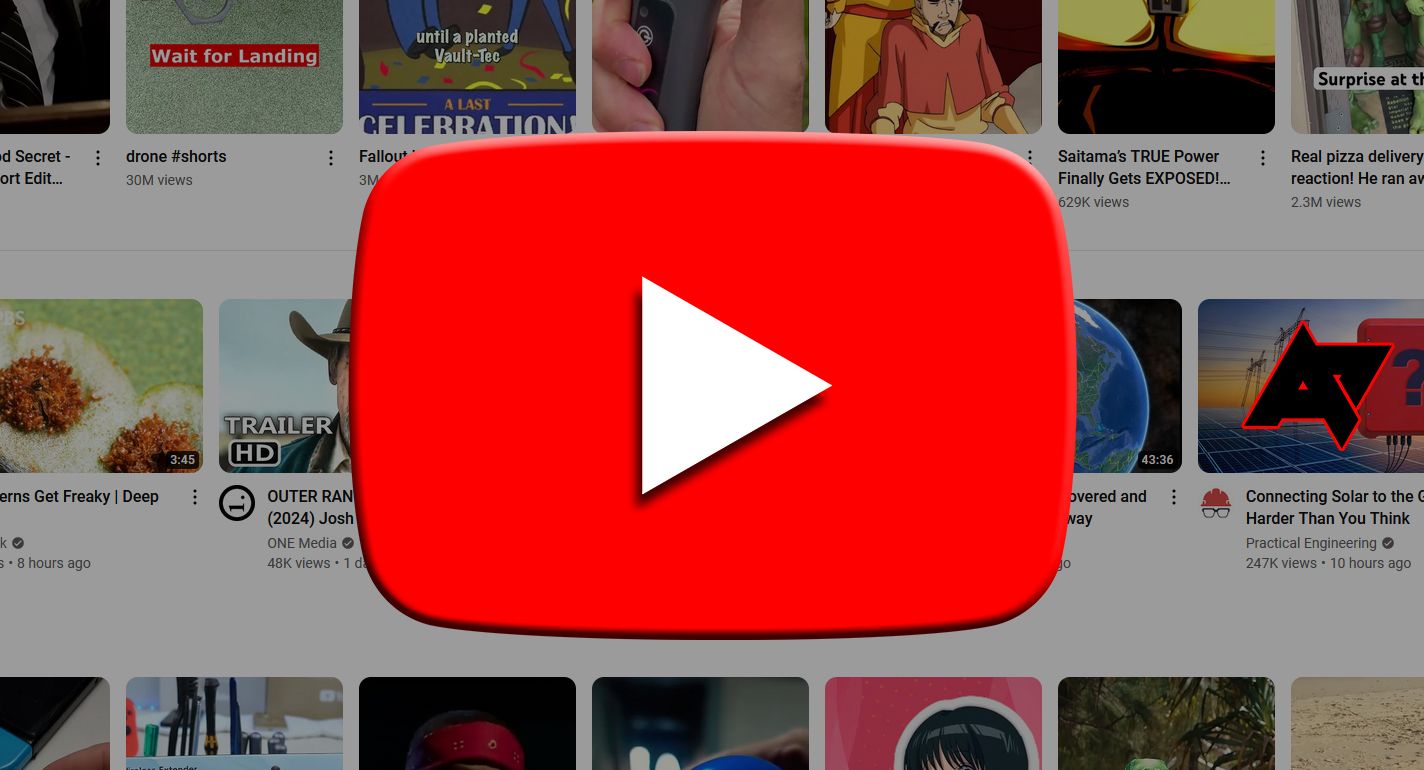
Contents
Summary
- YouTube just prohibited ad sales on fake movie trailer channels Screen Trailers and Royal Trailer, alt accounts of two channels previously bannd for violating IP guidelines.
- In some cases, studios claimed monetization rights to fake trailers created using the studios’ IP, raising ethical concerns over ethics, fair use, and AI-generated content.
- SAG-AFTRA takes issue with generative AI utilizing actors’ identities for profit, in an echo of the classic “fake Shemp” phenomenon.
Intellectual property violations can sometimes be easy to spot. If an individual produces and sells stickers, shirts, or other merchandise using a trademarked entity (such as an official comic book character) without permission, they might get a cease-and-desist letter from the IP owner. It can be harder to detect with the rising popularity of generative AI, but at least that part of the law remains relatively clear.
So, what happens when the IP owners turn out to be actively benefiting from an independent party’s misuse of their content? That’s what the entertainment world has wondered since a bombshell Deadline investigation exposed major studios’ apparent connection to — and profit from — some popular fake movie trailers. Today, YouTube demonetized channels Screen Trailers and Royal Trailer after determining they were alternate accounts of previously banned creators (Source: Deadline). The ban evasion only deepens the intrigue surrounding an extremely odd situation.
Evading the all-knowing YouTube banhammer
It works until it doesn’t

YouTube silenced two prominent fake movie trailer channels, Screen Culture and KH Studio, in March. The trailers, which enjoy considerable popularity online, combine existing footage of established characters with generative AI videos for an end product that can be surprisingly convincing.
YouTube has wrestled with IP violations since its inception, with offenders seeing backlash from automated DMCA takedown requests as well as direct, sometimes heavy-handed communication from corporate lawyers. Where this interesting case differs is the response from some IP holders. Deadline’s investigation revealed Warner Bros. Discovery claims to monetization rights on fake trailers for Superman and House of the Dragon produced by the team behind Screen Culture, Screen Trailers, and others.
While it doesn’t appear any studios are directly funding fake, AI-generated trailers, the production houses’ willingness to pocket the change makes it clear part of Screen Culture founder Nikhil P. Chaudhari’s theory is correct. If the copyright strike claims don’t arrive, and the IP owners actively profit from the fake trailers, one can argue there’s tacit support for fake trailers from the movie studios.

Related
The fake Shemp is bad for entertainment
Why fans, actors, creators, and ultimately executives should care

Actors’ union members do have the option of signing with Replica for AI generation of their voices in movies, games, and other media, but it’s an opt-in process.
One potential issue arises from misleading both dedicated and casual fans, who could unfairly judge a franchise or feel let down by narrative decisions introduced by a fake trailer. Presumably, it would not be difficult to craft a fake promotional video that comes off as convincing, but is far too outlandish or offensive for an IP owner to allow it to remain, let alone claim profit from its YouTube ad sales.
Monetizing unauthorized, unwanted, and subpar uses of human-centered IP is a race to the bottom. It incentivizes technology companies and short-term gains at the expense of lasting human creative endeavor. — SAG-AFTRA on the fake, partly AI-generated trailers.
A further problem supersedes the movie studios’ involvement, though. SAG-AFTRA, the union that protects tens of thousands of creative professionals worldwide, argues the fake trailers and generative AI content illegally leverage others’ IP — namely, their identities, voices, and appearances — for profit.
AI reconstruction of real-life actors and their roles is just the modern evolution of the fake Shemp. Appropriately coined by director Sam Raimi, whose Spider-Man films saw countless fake trailers made long before today’s AI came around, fake Shemp describes a creator (typically a movie or TV studio) using trickery to pass off a new actor as a previous one. In the case of AI-generated fake trailers, directors are seemingly turning a blind eye to — and, as Deadline discovered, actively profiting from — individuals misusing IP for private, monetary gain. SAG-AFTRA bans fake Shemp trickery without the permission of the former actor, and it will clearly continue fighting the flood of AI-generated IP violations.
What’s your reaction?
Love0
Sad0
Happy0
Sleepy0
Angry0
Dead0
Wink0
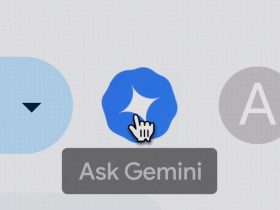


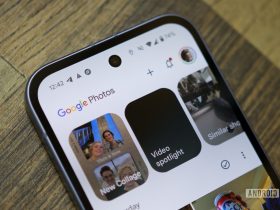


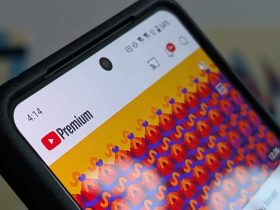


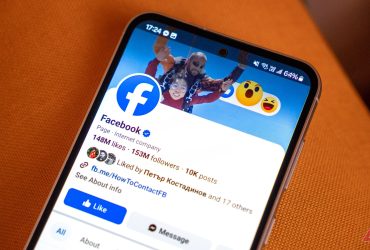


Leave a Reply
View Comments